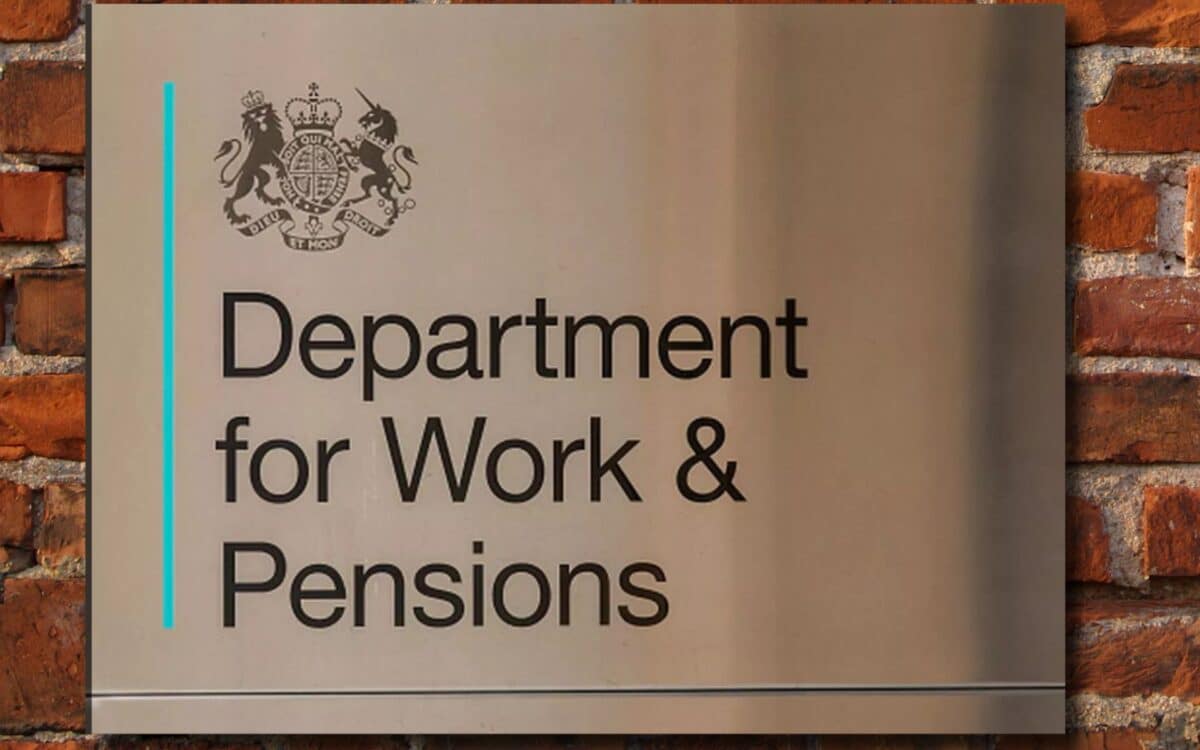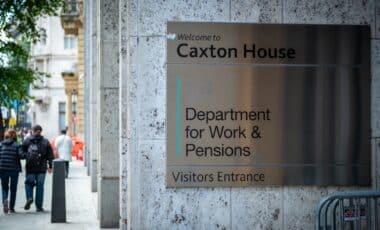The holiday season often brings financial strain, especially with rising energy costs and increased expenses. For vulnerable households across the UK, support from the Department for Work and Pensions (DWP) and HM Revenue and Customs (HMRC) could result in significant savings this Christmas. Here’s a breakdown of available benefits and their potential impact.
Council Tax Discounts Could Save Over £2,000 Annually
Individuals living alone or with qualifying circumstances, such as low income or severe mental impairment (SMI), can receive council tax reductions.
- A typical band D property has an average council tax bill exceeding £2,000 annually.
- Students and Pension Credit recipients can also benefit from discounts.
These savings can ease substantial burdens for eligible households, especially during winter.
How to Claim These Benefits and Maximise Savings
The table below highlights key benefits, their potential savings, and who can claim them. These programs are designed to address a range of needs, from easing housing costs to covering childcare expenses. Each benefit targets specific groups, ensuring that vulnerable households receive tailored support. Eligible individuals should review the criteria carefully to maximise their savings potential during the winter months.
| Benefit | Potential Savings | Eligibility |
|---|---|---|
| Council Tax Discount | Up to £2,000 annually | Low-income households, SMI, students, pensioners |
| Discretionary Housing Payment | Variable | Universal Credit or Housing Benefit recipients |
| DWP Christmas Bonus | £10 | Claimants of qualifying DWP benefits |
| Warm Home Discount | £150 | Low-income households on specific benefits |
| Free Childcare | Up to £1,700 per month | Parents of children over nine months |
| Household Support Fund | £200–£300 per household | Distributed by local councils |
| Funeral Expenses Payment | Up to £1,000 | Claimants of eligible benefits |
| Flexible Support Fund | Up to £150 | Job seekers requiring employment-related aid |
| Healthy Start Vouchers | Variable | Universal Credit or Child Tax Credit claimants |
By leveraging these options, many families can reduce their financial strain significantly during a period traditionally associated with high expenses.
Housing and Energy Support
For renters struggling with housing costs, Discretionary Housing Payments (DHPs) cover:
- Rent gaps.
- Deposits or advance rent payments.
These payments are available to those on Housing Benefit or the housing element of Universal Credit.
Additionally, energy bill relief programs such as the Warm Home Discount and the Household Support Fund provide critical aid:
- Warm Home Discount offers a £150 electricity credit between October and March.
- Household Support Fund, distributed by councils, can provide £200 to £300 for energy bills, depending on location.
Family and Childcare Support
Parents can benefit from programs designed to alleviate essential costs :
- Free Childcare : Parents in England can access 15 hours of funded childcare weekly for children over nine months, saving up to £1,700 per month.
- Healthy Start Vouchers : Financial support for purchasing healthy food and pregnancy essentials is available for those on Universal Credit or Child Tax Credit.
How to Claim These Benefits and Maximise Savings
Eligible households can access these savings by :
- Checking eligibility on gov.uk or local council websites.
- Applying directly through their local councils or Jobcentre Plus offices.
- Monitoring notifications from the DWP for automatic payments, such as the Christmas Bonus.
The variety of benefits and discounts available through the DWP and HMRC can provide meaningful relief to households under financial pressure. With potential savings reaching thousands of pounds, it is important to act quickly and claim these opportunities before they expire.









